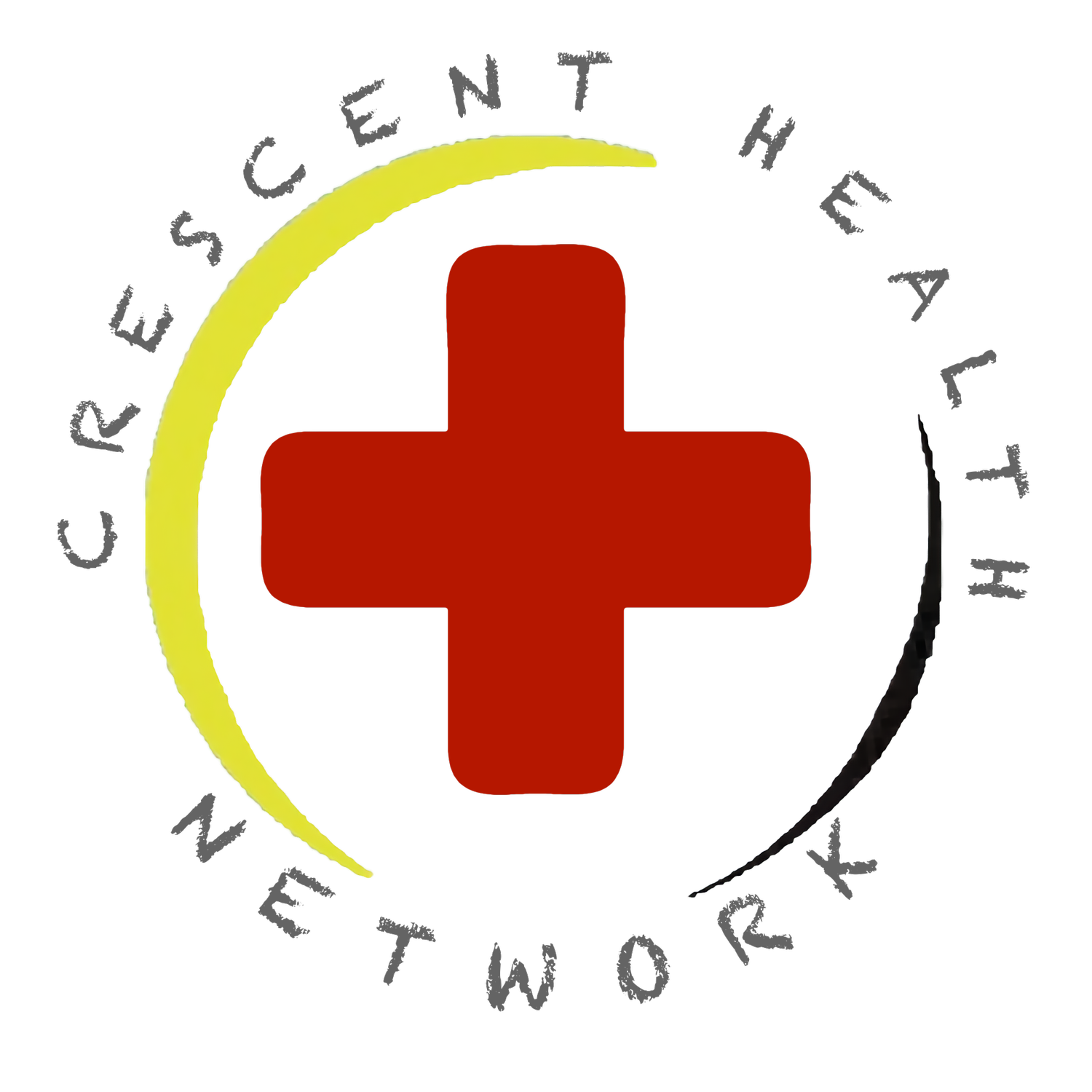
depression
Major Depression
Major depression is a severe mood disorder characterized by persistent feelings of sadness, hopelessness, and a loss of interest or pleasure in activities. It can affect sleep, appetite, energy levels, concentration, and overall functioning. Treatment often involves therapy, medication, or a combination of both to alleviate symptoms and improve well-being.
Screening: Depression Questionnaire
Minor/mild Depression (Persistent depressive disorder)
Minor or mild depression, also known as Persistent Depressive Disorder (PDD), involves persistent low mood and diminished interest or pleasure in activities. Symptoms are milder than major depression but last longer, typically for at least two years. It can impact daily life and may require therapy and lifestyle changes for management.
Postpartum Depression
Postpartum depression (PPD) is a type of clinical depression that affects parents after childbirth. It involves intense sadness, fatigue, and may include changes in sleep, appetite, and bonding with the baby. PPD can hinder self-care and parenting. Support and therapy are crucial for managing PPD's emotional and physical impact.
